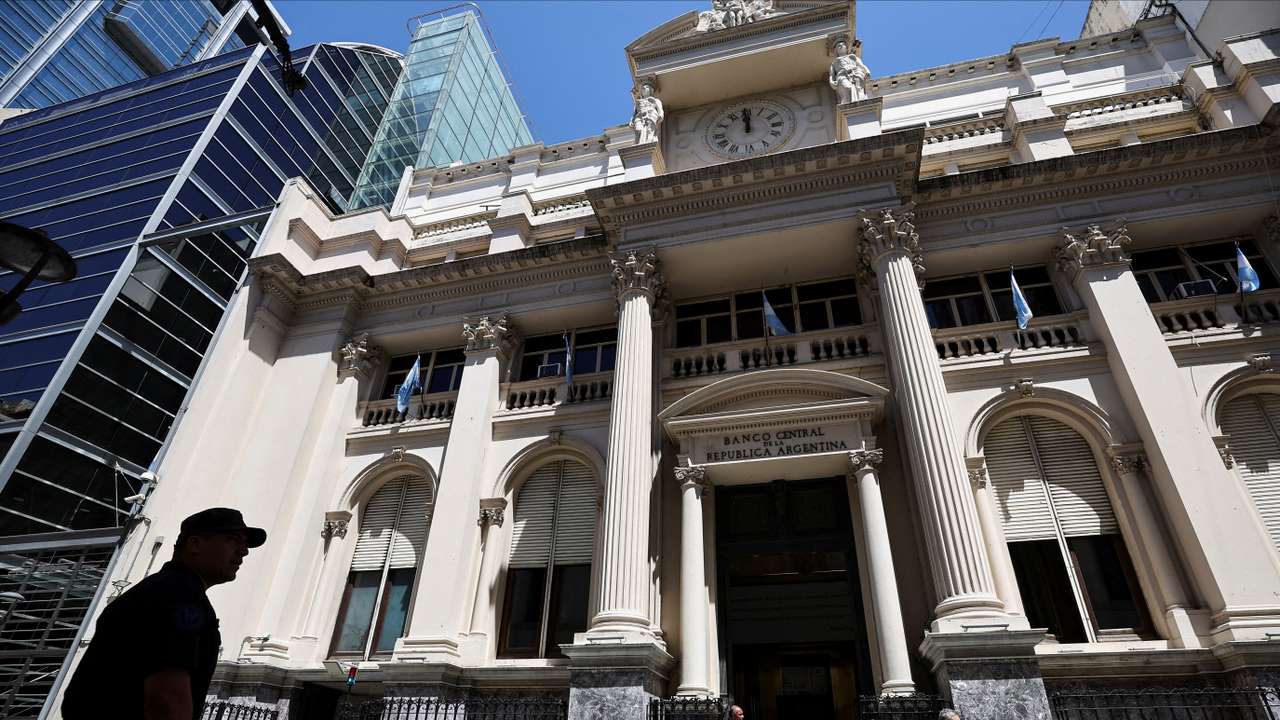Argentina Roundup: Nazi-era documents, Fitch rating, inflation slowdown

Nazi-era documents discovered in Argentina may reveal early WWII activity
Workers clearing archives for a future Supreme Court Museum in Argentina recently discovered boxes in the basement of the Supreme Court containing Nazi-era materials. The boxes, stored for over 80 years, include swastika-stamped notebooks, propaganda, and documents believed to support the spread of Adolf Hitler’s ideology in Argentina during World War II. According to an official court statement, the contents may provide new information about Nazi activities in the country during the early 1940s.
Fitch upgrades Argentina's credit rating amid economic recovery and IMF support
Fitch Ratings has upgraded Argentina’s long-term foreign currency debt rating from CCC to CCC+, citing rapid economic recovery under President Javier Milei. The decision reflects a new $20 billion agreement with the IMF, including an initial $12 billion disbursement that raised reserves to $38 billion and the implementation of a liberalised exchange rate band between AR$1,000 and AR$1,400 per US dollar. The agency highlighted stronger-than-expected disinflation and credit reactivation. However, it also noted ongoing challenges, such as uncertainty in sustained reserve accumulation and limited access to external financing.
Argentina’s peso trades near official rate as markets respond to fiscal policy
On May 13, Argentina’s blue dollar exchange rate stood at 1,170 ARS/USD, just 1.3% above the official rate of 1,155, reflecting increased investor confidence. The previous day, the official rate closed at 1,150 while the blue dollar declined 0.43% to 1,170. The S&P Merval rose 5.49%, and Argentine equities listed on the NYSE gained 4.79%. Government bonds also advanced slightly. However, market optimism was tempered by corporate debt concerns, notably a $20 million bond default by a utility company. The peso’s relative stability is supported by President Javier Milei’s fiscal measures, including spending controls and export tax reductions. Nevertheless, high—albeit decelerating—inflation and approximately $275 billion in offshore wealth continue to pose risks of capital flight.
Telefonica posts €1.3 billion Q1 loss due to asset write-downs in Peru and Argentina
Spanish telecom company Telefonica (TEF.MC) reported a first-quarter net loss of €1.3 billion ($1.45 billion) on Wednesday, May 14, in line with analyst estimates, following asset write-downs in Peru and Argentina. Analysts had projected a loss of €1.32 billion, according to a company-provided consensus. Revenue declined 2.9% year-on-year to €9.22 billion, slightly exceeding expectations of €9.1 billion. Shares fell 0.4% in early trading.
Argentina’s central bank expects inflation slowdown to continue into May
Argentina’s central bank vice president, Vladimir Werning, stated on Tuesday, May 13, that the deceleration in inflation observed in April is expected to persist through May. The national statistics agency will release official April inflation figures on Wednesday, which will confirm whether this trend aligns with the central bank’s outlook.